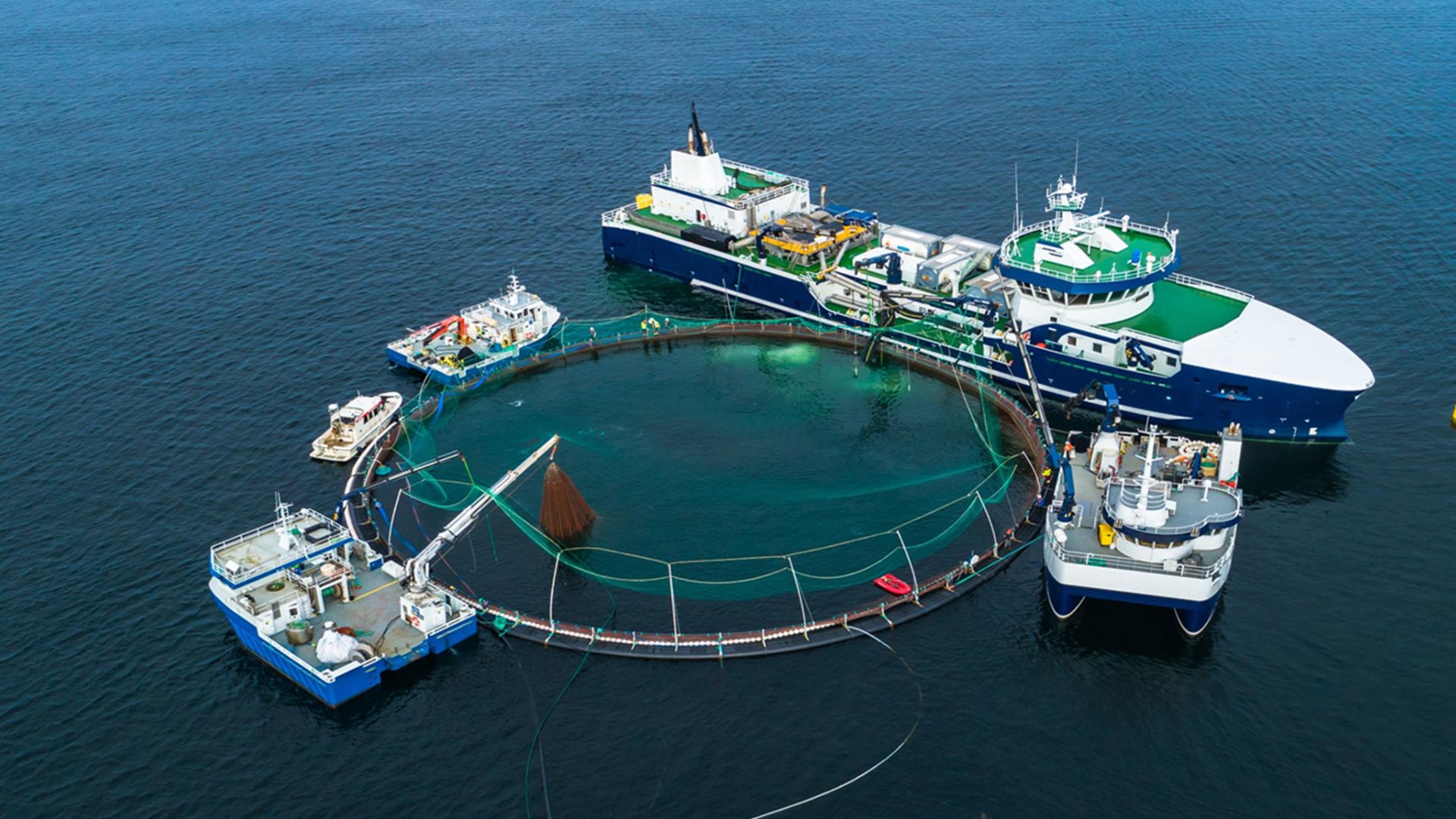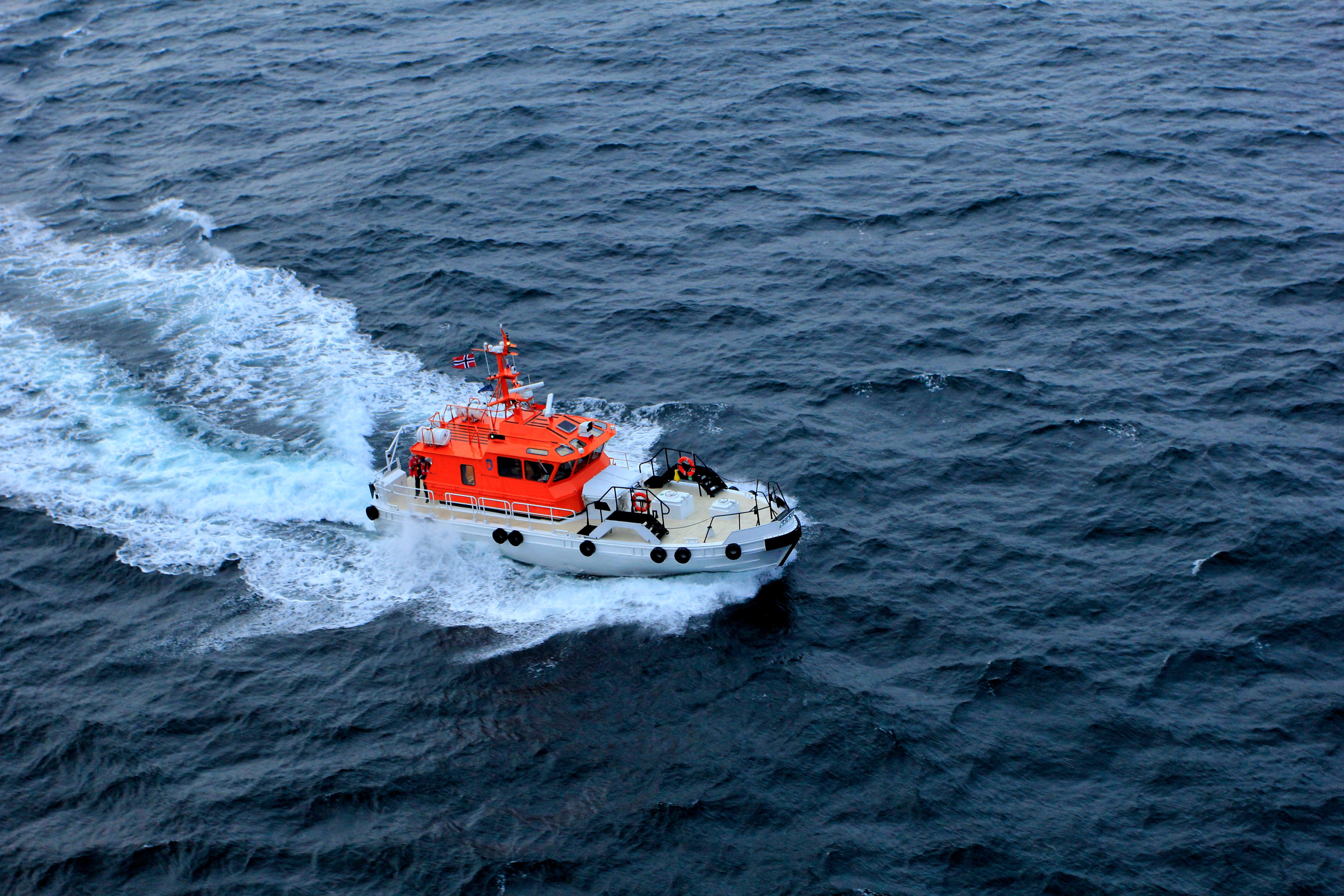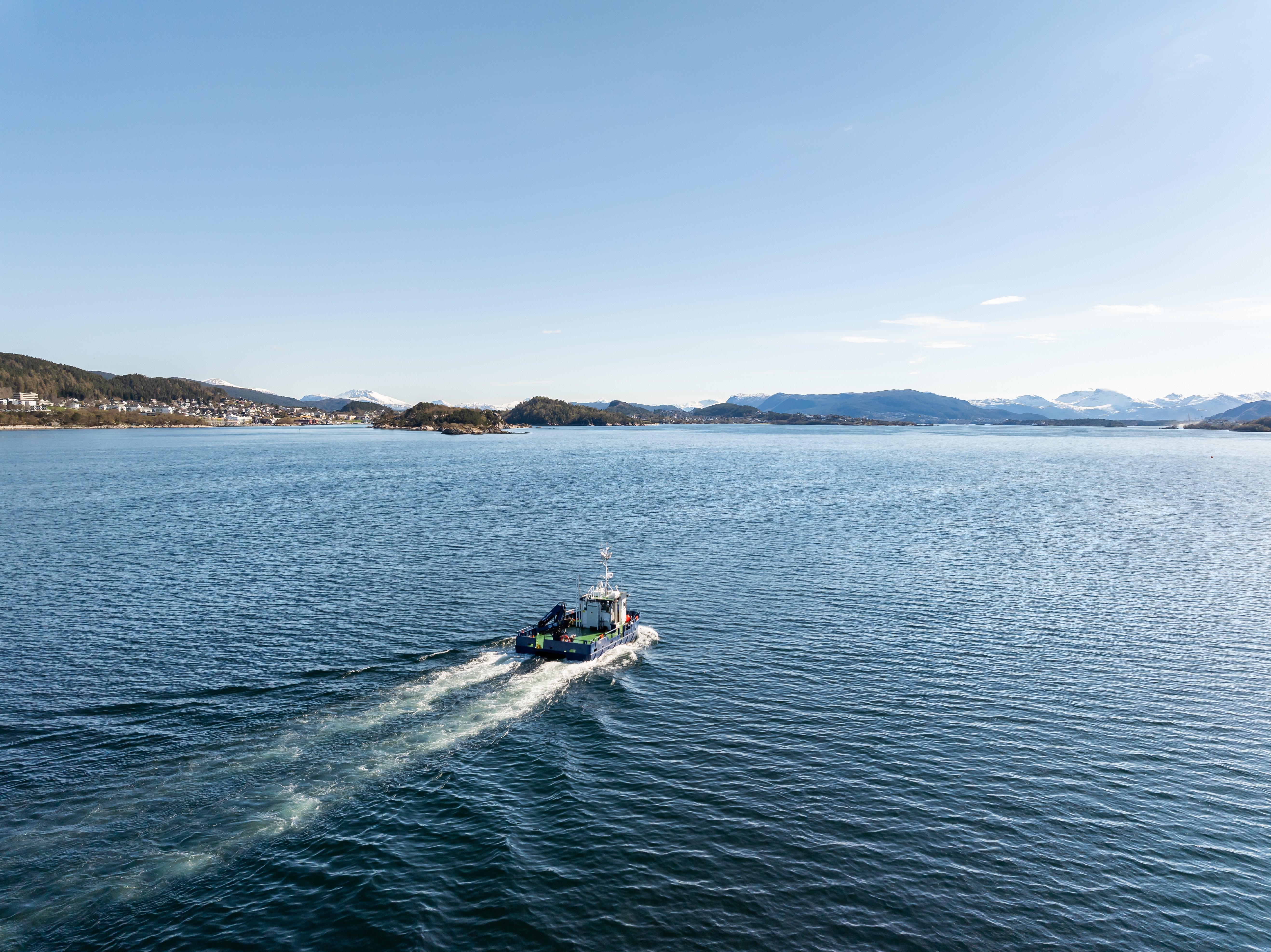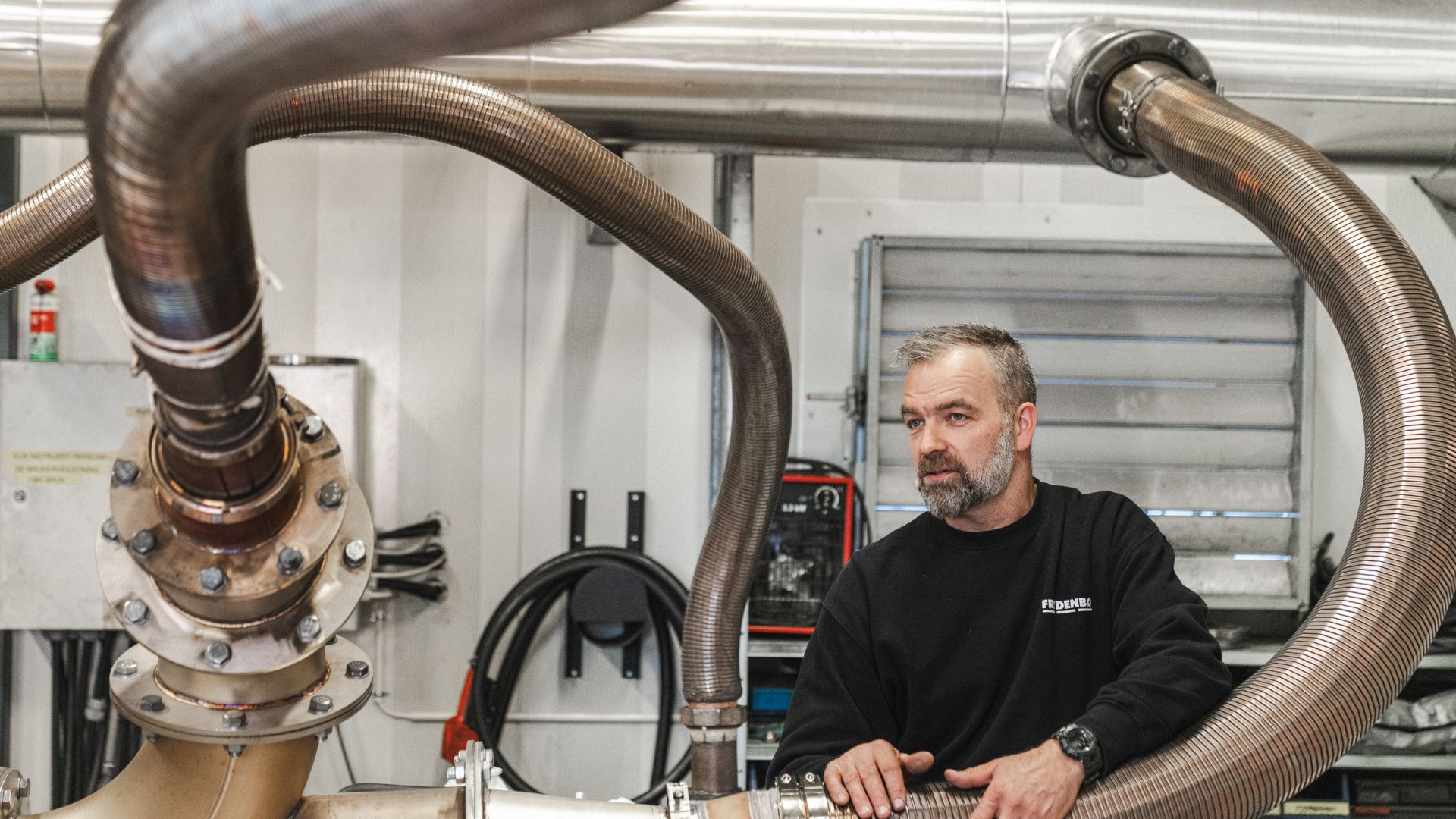
IMO Tier III refers to the International Maritime Organization's (IMO) Tier III emission standards for nitrogen oxides (NOx) emissions from marine diesel engines. These standards are part of the IMO's efforts to reduce air pollution from ships and improve air quality in coastal areas and port cities.
The Tier III standards apply to ships operating in designated emission control areas (ECAs), which are areas with stricter air pollution regulations. These regulations aim to reduce harmful emissions, such as NOx, sulfur oxides (SOx), and particulate matter (PM), which can have adverse effects on human health and the environment.
Ships subject to IMO Tier III standards must comply with stricter limits on NOx emissions compared to ships operating outside ECAs. The Tier III NOx emission limits are typically around 70-80% lower than the limits for engines not subject to Tier III requirements.

Emission control areas (ECA) for Tier III and possible future ECA as indicated by DNV GL.
There are several reasons why we need to care about IMO Tier III requirements:
Environmental Impact:
NOx emissions contribute to air pollution and are a significant contributor to smog, acid rain, and the formation of ground-level ozone. By reducing NOx emissions from ships, IMO Tier III standards help mitigate these environmental impacts and improve air quality, particularly in coastal areas and port cities.
Human Health:
Exposure to NOx emissions has been linked to respiratory problems, cardiovascular diseases, and other health issues. By reducing NOx emissions, IMO Tier III standards help protect the health of people living in and around ports and coastal areas, where ship emissions are most concentrated.
Regulatory Compliance:
Compliance with IMO Tier III standards is mandatory for ships operating in designated ECAs. Non-compliance can result in penalties, fines, or restrictions on vessel operations, potentially impacting shipping companies' bottom lines and reputations.
Global Regulations:
IMO Tier III standards are part of a broader international effort to reduce emissions from the shipping industry and combat climate change. By complying with these standards, the shipping industry plays its part in achieving global emission reduction targets and fulfilling international commitments to environmental sustainability.
Overall, IMO Tier III requirements are important for reducing air pollution, protecting human health, ensuring regulatory compliance, and promoting environmental sustainability in the maritime industry.
Read about Frydenbø NOx ATS system for FPT Industrial Engines




